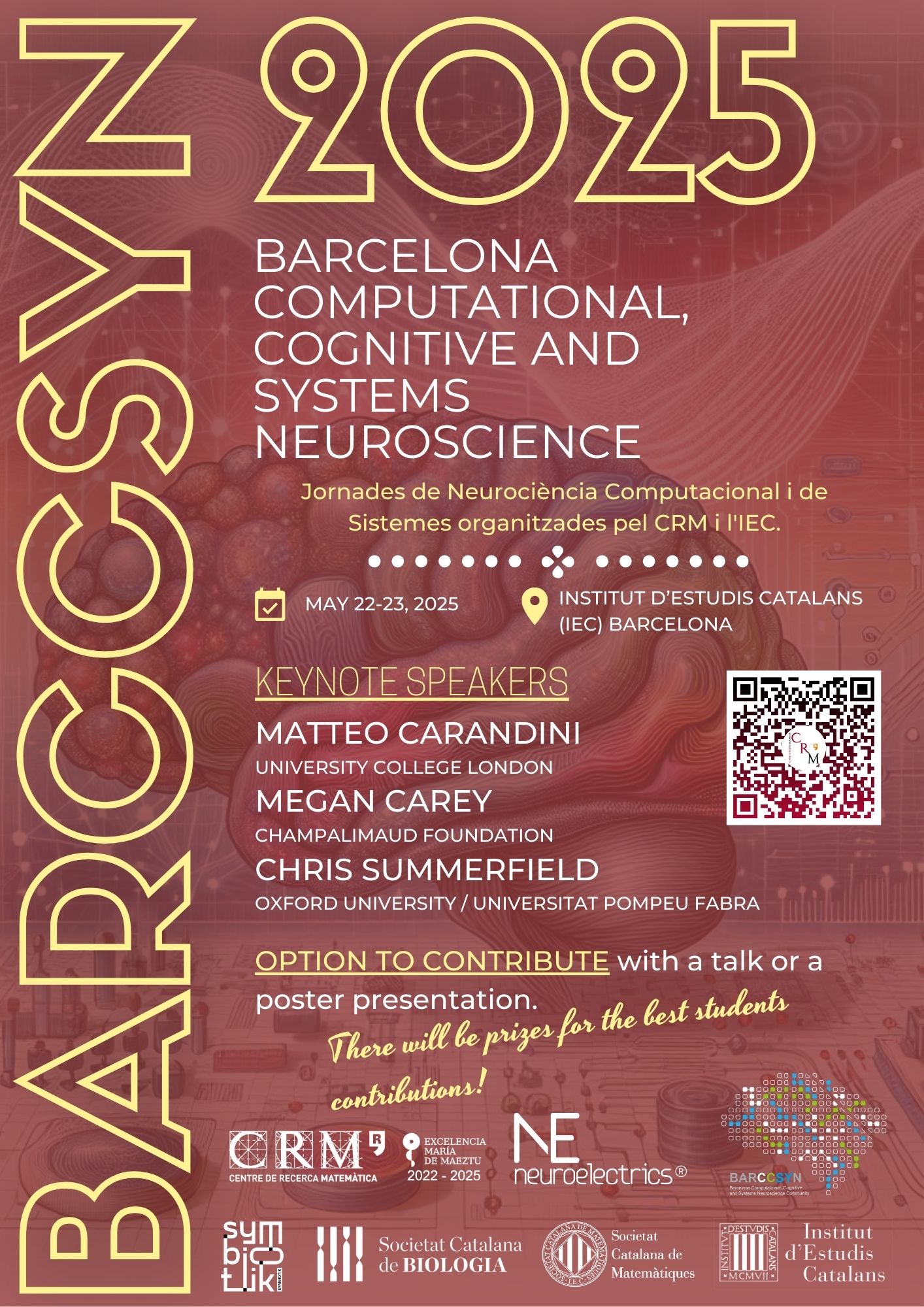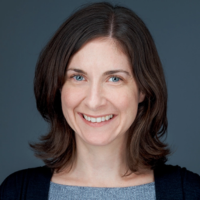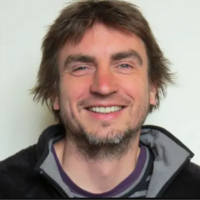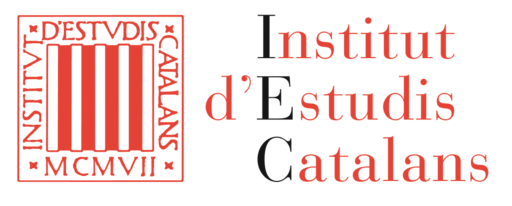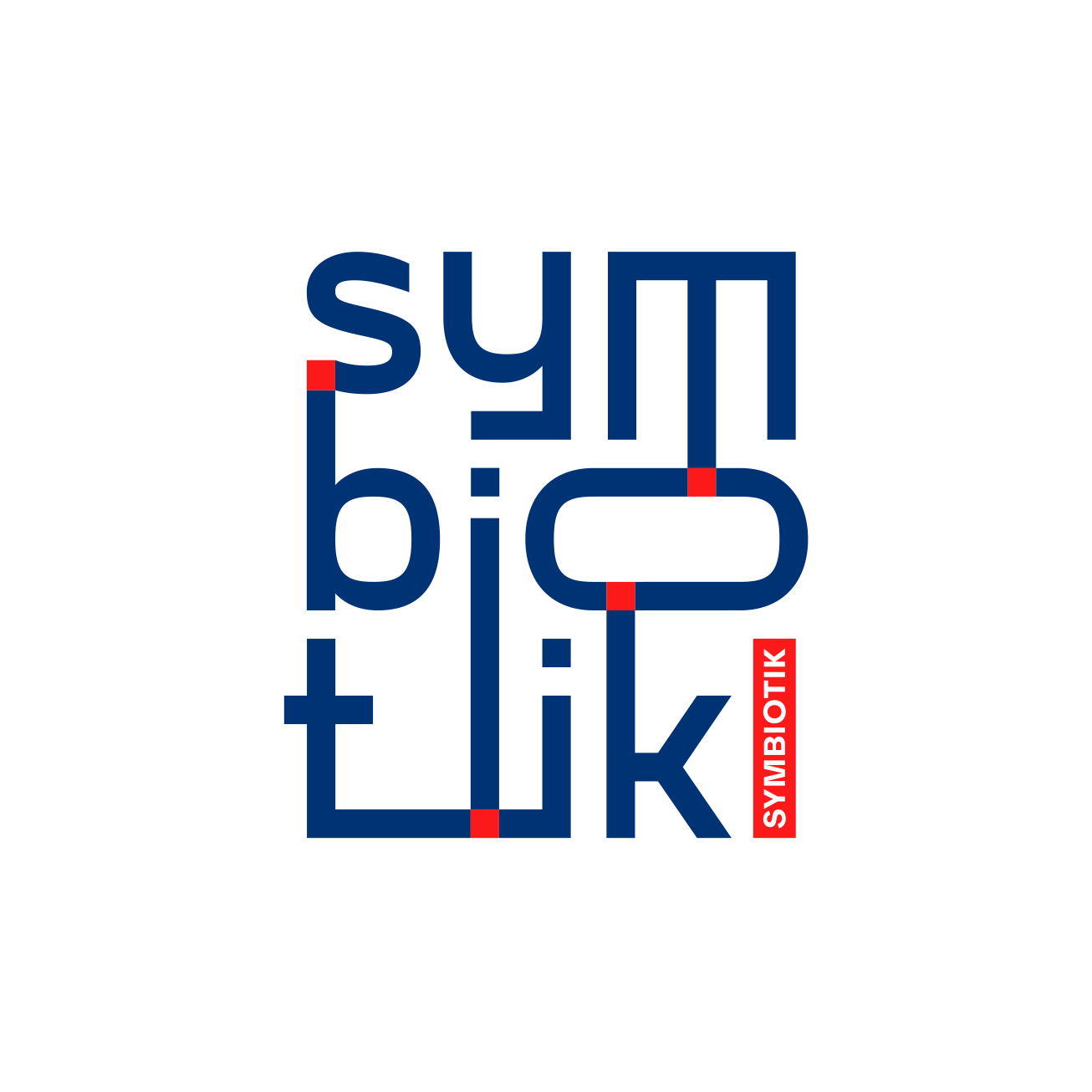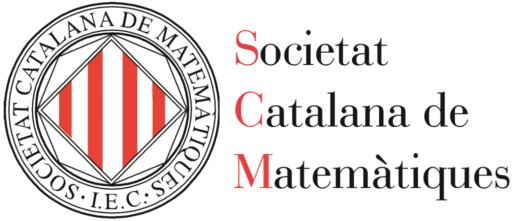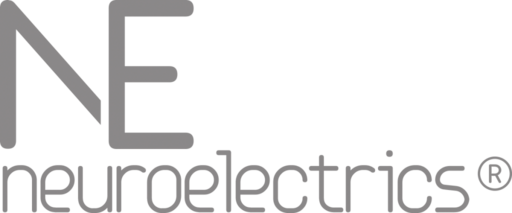REGISTRATION FEE
130 € (100 € for Members of the Catalan Society of Mathematics or Members of the Catalan Society of Biology)
DEADLINE FOR TALKS OR POSTER PRESENTATIONS
April 30th, 2025
Barcelona Computational, Cognitive and Systems Neuroscience (BARCCSYN) 2025
Sign into May 23, 2025
IMPORTANT INFO FOR SGR (Dynamics in Neural Network) members: Choose "reservation" at the final step and the CRM will directly manage the corresponding payment using the SGR funding.
Venue: Institut d’Estudis Catalans (Carrer del Carme, 47, Ciutat Vella, 08001 Barcelona)
Room: Prat de la Riba
Institut d'Estudis Catalans
SCHEDULE
POSTER SESSIONS

Introduction
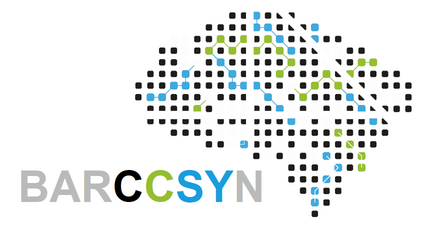
BARCCSYN PAST EDITIONS
organizers
Keynote speakers
The odds of a decision
Matteo Carandini
University College London
ABSTRACT
To make a decision we must often combine diverse factors such as sensory inputs, past actions, and estimates of value. There is increasing evidence that the brain does this via a simple operation: give each factor a weight, sum the results, use the sum to set the log odds of a coin, and flip the coin. This operation is called logistic classification. It is common in machine learning and economics, and has close cousins in psychology. I will illustrate this computation in multiple species, and will describe it in more detail in mice that perform an audiovisual decision task. Through large-scale recordings and localized inactivations, I will show how the log odds of a choice are progressively computed at key stages in visual cortex, auditory cortex, prefrontal cortex, and superior colliculus. The results point to a single view of how the brain makes a variety of decisions.
Creating coordination in the cerebellum
Megan Carey
Champalimaud Foundation
ABSTRACT
Every movement we make requires us to precisely coordinate muscle activity across our body in space and time. In this talk I will describe our efforts to understand how the brain generates flexible, coordinated movement in dynamic environments. We have taken a behavior-centric approach to this problem, starting with the development of quantitative frameworks for mouse locomotion (LocoMouse; Machado et al., eLife 2015, 2020) and locomotor learning, in which mice adapt their locomotor symmetry in response to environmental perturbations (Darmohray et al., Neuron 2019). Combining this behavior-first approach with neurophysiology and genetic circuit dissection has revealed surprising insights into how cerebellar circuits flexibly coordinate whole-body movements, enabling adaptive behavior in dynamic environments.
How do humans compose new knowledge from existing building blocks?
Chris Summerfield
Oxford University / Universitat Pompeu Fabra
ABSTRACT
Part of the secret of human intelligence is its systematicity and productivity, that is, our ability to assemble new ideas from existing building blocks. Given that neural computation happens in largely unstructured neural networks, it remains a grand challenge to understand how the human brain can ‘compose’ new knowledge. In this talk, I will discuss experiments in which we tackle this question at the neural and computational levels. I will show how specific training regimes (curricula) facilitate composition, and provide evidence two mechanisms of compositional generalisation, a low-dimensional route that relies on cortex and a high-dimensional one that relies on hippocampus.
SCHEDULE
Thursday May 22nd, 2025 | Friday May 23rd, 2025 | |
9:00-9:30 | Registration | |
9:30-9:40 | Welcome | |
9:40-10:10 | - Gabriel Mel Centre de Recerca Matemàtica | - Angela Marti-Marca Universitat Pompeu Fabra |
10:10 - 10:40 | - Nicolo Accanto Institute for Bioengineering of Catalonia (IBEC) | - Giulio Ruffini Neuroelectrics |
10:40-11:10 | Poster Blitz 1 | Poster Blitz 2 |
11:10-12:30 | Coffee Break (Poster Session I) | Coffee Break (Poster Session II) + Group picture |
12:30-13:30 | Plenary lecture I Creating coordination in the cerebellum - Megan Carey Champalimaud Foundation | Plenary Lecture II How do humans compose new knowledge from existing building blocks? - Chris Summerfield Oxford University / Universitat Pompeu Fabra |
13:30-15:30 | Lunch Break | Lunch Break |
15:30-16:00 | - Aitor Morales-Gregorio Charles University in Prague | - Alexis Pérez-Bellido Universitat de Barcelona |
16:00-16:30 | - Lucía Arancibia Centre de Recerca Matemàtica | - Melina Timplalexi Universitat Internacional de Catalunya |
16:30-17:30 | Coffee break (Poster Session I) | Coffee break (Poster Session II) |
17:30-18:00 | - Jens-Bastian Eppler Centre de Recerca Matemàtica | Plenary Lecture III (17:30-18:30) The odds of a decision - Matteo Carandini University College London |
18:00-18:30 | - Cristina Giossi Universitat de Les Illes Balears | (18:30) Prizes and Concluding remarks |
Reception and Farewell |
LIST OF PARTICIPANTS
| Name | Institution |
|---|---|
| Manuel Molano-Mazón | UPC |
| Marta Picco | Fundació Institut Hospital del Mar d'Investigacions Mèdiques |
| Ignacio Del Castillo Berges | Hospital del Mar Research Institute |
| Manuel Valero García | Institut Hospital del Mar d'Investigacions Mèdiques (IMIM) |
| Andrea Gallardo Molina | Fundació Institut Hospital del Mar d'Investigacions Mèdiques |
| Pablo Abad | Hospital del Mar Research Institute |
| Anel Marie Martinez Felix | Hospital del Mar Research Institute |
| Nicolo Accanto | Institute for Bioengineering of Catalonia (IBEC) |
| Esteban Suárez B. | Institute for Bioengineering of Catalonia |
| David Esteban Suárez Baquero | Institut de Bioenginyeria de Catalunya (IBEC) |
| Yoel Melul Steinfeld | Institute for Bioengineering of Catalonia |
| Mario Martin-Fernandez | Hospital del mar research institute |
| Irene Pilar Ayuso Jimeno | Hospital del Mar research Institute Barcelona |
| Jaroslav Hlinka | Czech Academy of Sciences |
| Luis Leiva | University of Luxembourg |
| Bereket Yilma | University of Luxembourg |
| Edmundo Lopez-Sola | Neuroelectrics Barcelona |
| Eduard Masvidal Codina | Institut Català de Nanociència i Nanotecnologia (ICN2) |
| Megan Carey | Champalimaud Foundation |
| Martina Acevedo | Hospital del Mar Research Institute (IMIM) |
| Sean Weaver | Catalan Institute of Nanoscience and Nanotechnology |
| Parvin Emami | University of Luxembourg |
| Francesca Castaldo | Neuroelectrics |
| Giulio Ruffini | Neuroelectrics Barcelona SL |
| Laura Modol | Fundació Hospital del Mar Research Institute |
| Anna-Christina Haeb | Universitat de Barcelona |
| Akke Mats Houben | Universitat de Barcelona |
| Ignasi Cos | Universitat de Barcelona |
| Pablo Marcos Manchón | Universitat de Barcelona |
| Daniel Linares | Universitat de Barcelona |
| Estefanía Moreno | Universitat de Barcelona |
| Adam Ranson | Universitat Autònoma de Barcelona |
| Silvana Silva Pereira | Universitat Autònoma de Barcelona |
| Jacob Foster | Universitat Autònoma de Barcelona |
| Yannick Bollmann | Universitat Autònoma de Barcelona |
| Jork de Kok | Universitat Autònoma de Barcelona |
| Alexis Pérez-Bellido | Universitat Autònoma de Barcelona |
| Rúben Faria Correia | Universitat Autònoma de Barcelona |
| Xavier Otazu | Universitat Autònoma de Barcelona |
| Elitza Maneva | Universitat Autònoma de Barcelona |
| Javier Fernández de Castro | Universitat Autònoma de Barcelona |
| Albert Estop | Universitat Autònoma de Barcelona |
| Daniel Pacheco | Universitat Autònoma de Barcelona |
| Ferran Craven-Bartle Corominas | Universitat Politècnica de Catalunya |
| Marc Andueza Fillat | Universitat Politècnica de Catalunya |
| Pau Clusella | Universitat Politècnica de Catalunya |
| Adrià Tauste Campo | Universitat Politècnica de Catalunya |
| Brian Nicolas Medina Leandro | Universitat Politècnica de Catalunya |
| Antoni Guillamon Grabolosa | Universitat Politècnica de Catalunya |
| Bruno Boaretto | Universitat Politècnica de Catalunya |
| Mireia Torralba Cuello | Universitat Politècnica de Catalunya |
| Gorka Zamora-López | Universitat Pompeu Fabra |
| Guillermo Montaña-Valverde | Universitat Pompeu Fabra |
| Rubén Moreno Bote | Universitat Pompeu Fabra |
| Prakash Kavi | Universitat Pompeu Fabra |
| Salvador Soto-Faraco | Universitat Pompeu Fabra |
| Laura Ribalta Vilella | Universitat Pompeu Fabra |
| Demetrio Ferro | Universitat Pompeu Fabra |
| Rafael del Villar Prieto | Universitat Pompeu Fabra |
| Ernest Montbrió | Universitat Pompeu Fabra |
| Angela Marti-Marca | Universitat Pompeu Fabra |
| Raul de Palma Aristides | Universitat Pompeu Fabra |
| Sofia Gil-Rodrigo | Universitat Pompeu Fabra |
| Michael DePass | Universitat Pompeu Fabra |
| Fabio Mattiussi | Universitat Pompeu Fabra |
| Ioannis Arapakis | Universitat Pompeu Fabra |
| Mathilde Placek | Universitat Pompeu Fabra |
| Francesco Damiani | Universitat Pompeu Fabra |
| Pau Pomés | Universitat Pompeu Fabra |
| Jakub Vohryzek | Universitat Pompeu Fabra |
| Gustavo Patow | Universitat de Girona |
| Albert Juncà | Universitat de Girona |
| Ignacio Martín | Universitat de Girona |
| Melina Timplalexi | Universitat Internacional de Catalunya |
| Pedro Mateos-Aparicio | Universitat Internacional de Catalunya |
| Cristina Giossi | Universitat de Les Illes Balears |
| Rosa Maria Delicado Moll | Universitat de Les Illes Balears |
| Aitor Morales-Gregorio | Charles University in Prague |
| Serena Pugliano | Sapienza University of Rome |
| Oscar Guerrero Rosado | Radboud University Nijmegen |
| Ismael Freire | Radboud University Nijmegen |
| Christopher Summerfield | University of Oxford |
| Matteo Carandini | University College London |
| Marta Boscaglia | University of Leicester |
| Haowen Tang | Centre de Recerca Matemàtica |
| Alexandra Antoniadou | Centre de Recerca Matemàtica |
| Alexandre Hyafil | Centre de Recerca Matemàtica |
| Lucía Arancibia | Centre de Recerca Matemàtica |
| Pablo Crespo | Centre de Recerca Matemàtica |
| Anna Wilson Ganzabal | Centre de Recerca Matemàtica |
| Klaus Wimmer | Centre de Recerca Matemàtica |
| Jens-Bastian Eppler | Centre de Recerca Matemàtica |
| Alex Roxin | Centre de Recerca Matemàtica |
| Alexandre Garcia-Duran | Centre de Recerca Matemàtica |
| Tomas d'Amelio | Centre de Recerca Matemàtica |
| Gabriel Mel de Fontenay | Centre de Recerca Matemàtica |
| Gloria Cecchini | Centre de Recerca Matemàtica |
| Alejandro Sospedra Orellano | CSIC |
| Konstantinos Chatzimichail | IDIBAPS |
| Eloi Jacomet | IDIBAPS |
| Melanie Tschiersch | IDIBAPS |
| Adrià Moran | IDIBAPS |
| Alexandre Mahrach | IDIBAPS |
| F. Javier Rodríguez Martínez | IDIBAPS |
| Hernando Martinez Vergara | IDIBAPS |
| Nuo Dong | IDIBAPS |
| Caterina Barezzi | IDIBAPS |
| Leonardo Dalla Porta | IDIBAPS |
| Andres Crespo Vieira | IDIBAPS |
| Indre Pileckyte | IDIBAPS |
| Jaime de la Rocha | IDIBAPS |
| Alexis Cerván | IDIBAPS |
| Albert Compte | IDIBAPS |
Poster and contributed talks
-
- Deadline: April 30th, 2025
- Resolutions will be sent by May 12th, 2025
To apply, please, finalise the registration procedure and then submit the abstract of your talk using the form below (closed)
grants
Application closed.
PRIZES
There will be prizes for the best students contributions
registration
You will be asked to create a CRM web user account before registering to the activity through the following link (please note that it will be necessary to fill in both the personal and academic requested information in the web user intranet):
CRM USER CREATION
Once you have created your CRM user, you can sign in on the activity web page to complete your registration or click on the following link.
REGISTER
INVOICE/PAYMENT INFORMATION
IF YOUR INSTITUTION COVERS YOUR REGISTRATION FEE: Please note that, in case your institution is paying for the registration via bank transfer, you will have to indicate your institution details and choose “Transfer” as the payment method at the end of the process.
UPF | UB | UPC | UAB
*If the paying institution is the UPF / UB/ UPC / UAB, after registering, please send an email to comptabilitat@crm.cat with your name and the institution internal reference number that we will need to issue the electronic invoice. Please, send us the Project code covering the registration if needed.
IDIBAPS
*If the paying institution is IDIBAPS, please send an email to comptabilitat@crm.cat with the Project reference code that will cover the registration cost, to be added to the invoice if necessary.
Paying by credit card
IF YOU PAY VIA CREDIT CARD but you need to provide the invoice to your institution to be reimbursed, please note that we will also need you to send an email to comptabilitat@crm.cat providing the internal reference number given by your institution and the code of the Project covering the registration (if necessary).
LODGING INFORMATION
ON-CAMPUS AND BELLATERRA
BARCELONA AND OFF-CAMPUS
|
For inquiries about this event please contact the Scientific Events Coordinator Ms. Núria Hernández at nhernandez@crm.cat
|
scam warning
We are aware of a number of current scams targeting participants at CRM activities concerning registration or accommodation bookings. If you are approached by a third party (eg travellerpoint.org, Conference Committee, Global Travel Experts or Royal Visit) asking for booking or payment details, please ignore them.
Please remember:
i) CRM never uses third parties to do our administration for events: messages will come directly from CRM staff
ii) CRM will never ask participants for credit card or bank details
iii) If you have any doubt about an email you receive please get in touch


